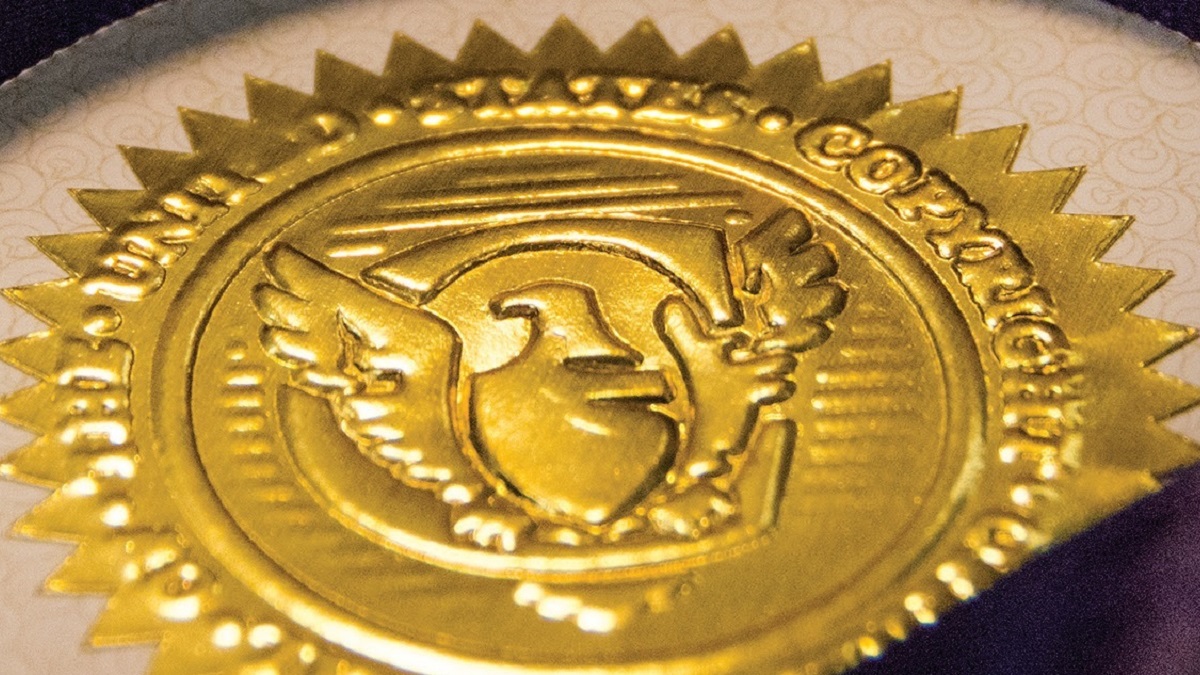According to a policy on Copyright Registration Guidelines, the US Copyright Office says it will consider making AI-generated work copyrightable as long as a person can prove that they put in a significant amount of creative effort in creating the content.
AI software such as OpenAI’s DALL–E is capable of generating images from text inputs that describe the sort of image the user would like it to generate.
The use of AI-generated tools has increased over the past few months and the United States Copyright Office (USCO) has been getting dozens of applications from users wanting to register copyright protections for artworks and other materials created with AI tools.
USCO director Shira Perlmutter clarified that poems, digital arts, and even books generated using AI tools such as ChatGPT, GPT-4, DALL-E, Stable Diffusion, or Midjourney will not be given copyright protection if they were created by a human who used only a text description or prompt.
“If a work’s traditional elements of authorship were produced by a machine, the work lacks human authorship and the Office will not register it,” Perlmutter wrote. “For example, when an AI technology receives solely a prompt from a human and produces complex written, visual, or musical works in response, the ‘traditional elements of authorship’ are determined and executed by the technology – not the human user.”
Perlmutter went on to add, “These prompts function more like instructions to a commissioned artist – they identify what the prompter wishes to have depicted, but the machine determines how those instructions are implemented in its output.”
AI-generated art must have the human touch
Ultimately, the USCO will consider copyrighting AI-created content that a person has also worked on it themselves. If a person prompts an AI to create digital artwork for instance, and further takes their time to edit and work on the artwork themselves using other creative tools, the artwork is more likely to be copyrighted by the office.
Despite the rise of AI, the USCO is putting in stringent policies to make sure people still put in a decent amount of effort to create content that is eligible to be copyrighted.
“In the case of works containing AI-generated material, the Office will consider whether the AI contributions are the result of ‘mechanical reproduction’ or instead of an author’s ‘own original mental conception, to which [the author] gave visible form’. The answer will depend on the circumstances, particularly how the AI tool operates and how it was used to create the final work. This is necessarily a case-by-case inquiry,” the USCO declared.
The office has also urged people applying for copyright protection to submit and state clearly the correct materials they used in generating AI content as well as show what parts of their work had the human touch.
Failure to disclose the correct information would lead to a cancellation of their certificate of registration and the office will not provide copyright protection for the work.
Isa Muhammad is a writer and video game journalist covering many aspects of entertainment media including the film industry. He's steadily writing his way to the sharp end of journalism and enjoys staying informed. If he's not reading, playing video games or catching up on his favourite TV series, then he's probably writing about them.



































